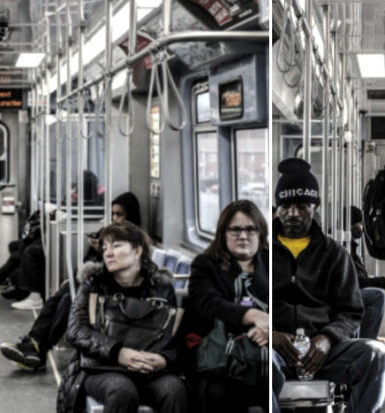
Segregation Costing Chicago Big Money and Lives Study Shows
The last few years Chicago has seen a spike in crime, gun violence, gang violence, and murder that has all been well documented. The study referenced below proposes a possible solution to help stem the violence and boost the economy of the Windy City.
CHICAGO — If the level of segregation in the Chicago area were lowered to the level of the average U.S. metro area, the region would see billions in economic growth, a far more educated public and hundreds of fewer homicides, a new report suggests.
Those are some of the findings of the new “The Cost of Segregation” report released Tuesday by the Metropolitan Planning Council. The Chicago-based nonprofit compared data across the nation’s 100 largest urban areas and concluded several ways the Chicago region could potentially benefit from integration.
Specifically, the report says Chicago would see $8 billion in economic growth, 83,000 more residents would have bachelor’s degrees, and there would have been 229 fewer homicides in the city last year.
The study draws conclusions about the impact of segregation by looking at what would happen if the Chicago area — the 10th most segregated of the 100 largest metro areas in the U.S. — were more integrated. The study compared Chicago to cities that are less segregated, such as Atlanta, Houston and Raleigh, N.C.
The study determined segregation levels of the metropolitan areas in the survey and compared those numbers to a variety of metrics such as median household income, people with college degrees and homicide rates. Lower levels of segregation were linked to higher incomes, more degrees and lower homicide rates.
Based on the study, if Chicago could lower its segregation levels to match that of Atlanta or Raleigh, people here would see less crime as well as improvements in income and education.
“This study looks at what those things mean in real terms: lost income, lost lives and lost potential,” said Alden Loury, one of the authors of the study.
Loury and co-author Marisa Novara said it’s unclear why integration is connected with improving economic growth, the crime rate or educational attainment, but there’s such a clear pattern that there’s definitely a connection.
They said desegregation could help Chicago’s black or Latino populations as well as the region as a whole. For example, not only could the number of homicides go down, but the study estimates the cost of policing the Chicago area would fall $65 million and the cost of imprisoning people would fall $218 million.
The planning council will use the report in talks to community groups and municipal leaders in hopes of implementing policies to integrate the city.
Steve
Steve is an affordable multifamily housing professional that is also the co-founder of Whiskey Congress. Steve has written for national publications such as The National Marijuana News and other outlets as a guest blogger on topics covering sports, politics, and cannabis. Steve loves whiskey, cigars, and uses powerlifting as an outlet to deal with the fact that no one listens to his brilliant ideas.



